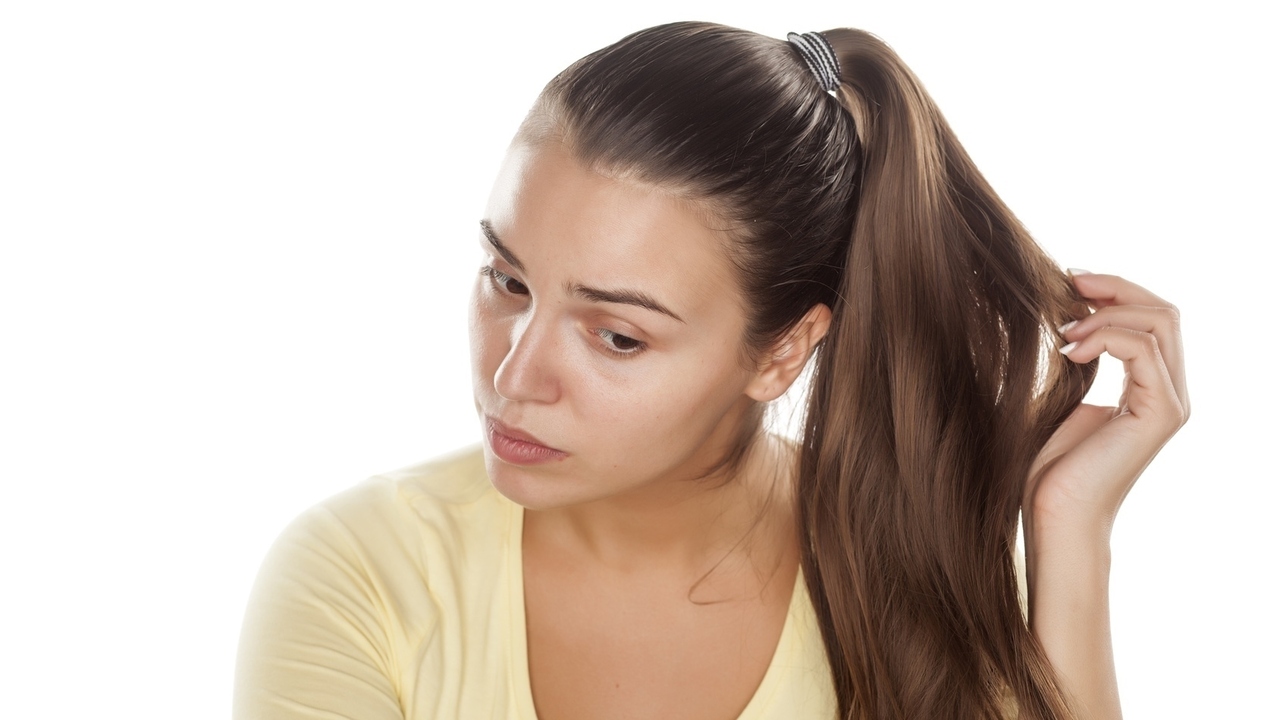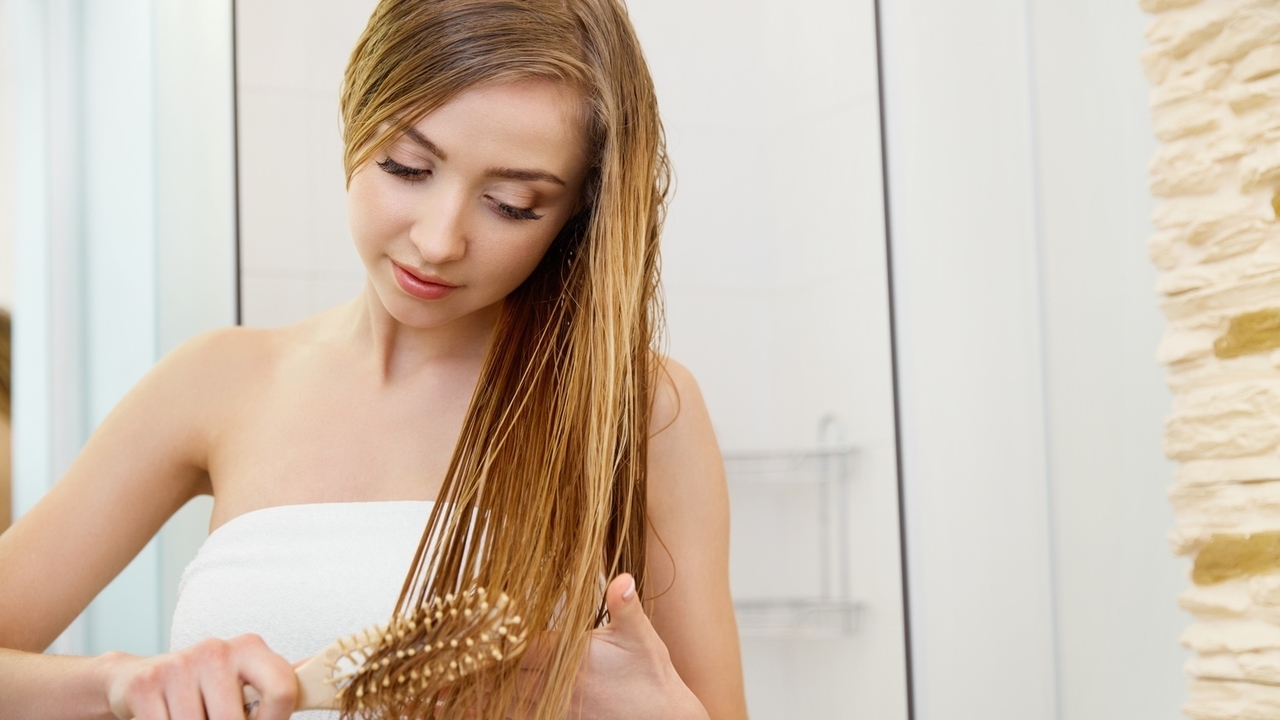Christina Pearson’s hand unconsciously kept searching through the hair on her head to find the “right” hair that “needed” to be pulled as she lay on her couch immersed in a book. By the time she finished the novel, an entire pile of blond hair lay at her side.
She was thirteen years old at the time and couldn’t believe or understand why she had compulsively pulled out so much of her own hair; neither could the doctor who examined her.
Through out her twenties, she remained captive to the inner compulsion to pull out her hair or pick at her skin terrified that she would be found out by others and fearful that she would never be in control of her own life again. It wasn’t until she was in her thirties that she learned there was a name for her condition.
Today, Christina runs a successful business, is on medication and uses various therapies to control her illness called trichotillomania, an impulse control disorder that causes people to pull out hair from their scalp, eyelashes, pubic hair and other parts of their body. Christina knew others must suffer like herself so 18 years ago she started the Trichotillomania Learning Center where there is support for the other 2-4% of the population that suffers from the uncontrollable urges of trichotillomania.
Treatment for trichotillomania is typically focused around Cognitive Behavioral Therapy counseling and medication. Medications that have been found to be the most helpful are serotonin re-uptake blocking drugs. There are alternative therapies such as biofeedback and support groups which also assist in treatment. Trichotillomania has been a difficult obsessive disorder to classify but is thought to fall into what is called Body-Focused Repetitive Behaviors (BFRBs) along with skin picking and chronic nail biting.
A new study treatment by Dr. Jon E. Grant and colleagues from the University of Minnesota, Minneapolis shows promise. The antioxidant called N-acetylcysteine, an over the counter vitamin supplement was given to 25 people in doses of 1,200 milligrams to 2,400 milligrams per day for 12 weeks. The 25 people in the placebo group did not receive the supplement. Those taking the N-acetylcysteine showed significantly greater improvement in the reduction of their hair pulling. The study was published in Archives of General Psychiatry, July 2009.
People with trichotillomania have felt at times suicidal or worse. In an interview with CNN.com, Christina Pearson admitted, “There was a time in my early 20s when I really, seriously considered, could I cut my hands off and live my life? My hands were my enemies, because they pulled my hair.”
The Trichotillomania Learning Center provides support for kids and teens, adults, educators and treatment professionals. Access to support groups, research updates and lists of treatment providers by state can be found there. And to her credit, Christina maintains an ongoing blog chronicling her continued fight against the urges of trichotillomania assuring people that they are not alone in their daily struggle.
For further information go to the Trichotillomania Learning Center at: http://www.trich.org/index.html
Source:
www.cnn.com/2009/HEALTH/07/13/hair.pulling.trichotillomania/index.html?iref=newssearch
Michele is an R.N. freelance writer with a special interest in woman’s healthcare and quality of care issues. Other articles by Michele can be read at http://www.helium.com/users/487540/show_articles




Add a Comment23 Comments
Hi, Glad you found our site and I hope the article was helpful. It isn't clear to me whether you were diagnosed with this disorder by a doctor or you just have come to realize this by searching the web. I would suggest you approach treating your situation by 1. Making sure there isn't something else medical at play causing your nausea and fatigue. 2. Seeking the help of an experienced practitioner who can diagnosis and treat your mental/emotional health.
In order to rule out any medical causes you need to see an internal medical doctor. He may decide to send you to a Gastoenterologist who can evaluate whether there is anything in your stomach/colon causing the nausea. Depending on your insurance, you may need to stay within your plan. Otherwise call your local hospital and see if they have physician referral service to help you find doctors to go to or get a recommendation from others you trust.
The website at the end of my article has a Provider link where you can search by state to find a Psych type doctor experienced in Trichotillomania at http://www.trich.org/treatment/treatment-provider.html
October 14, 2009 - 5:16pmYou want to only see someone who has experience with Trichotillomania so they understand how best to treat you. Good luck, let us know how it goes.
This Comment
Hi Im a 36 year old male , and I just found out that what thouht it was a bad habbitt it is in fact a mentan condition , I tend to eat the hair from my chest, bear, arms etc , and lately I have been suffering of extreme fatige , anxiety etc , im wondering if this is caused by the hair I have been eating .please advice
October 14, 2009 - 2:24pmThis Comment
Sorry about your school friend, it was nice of you to make the attempt to reach out to her. I too hope that this article helps someone, especially someone in their teens where it is already difficult enough to wrestle with your sense of self. Having an obsessive/compulsive disorder makes the struggle so much harder. The woman, Christina, who started the Trichotillomania Learning Center is incredibly brave to put herself out there to help others.
September 21, 2009 - 1:00pmThis Comment